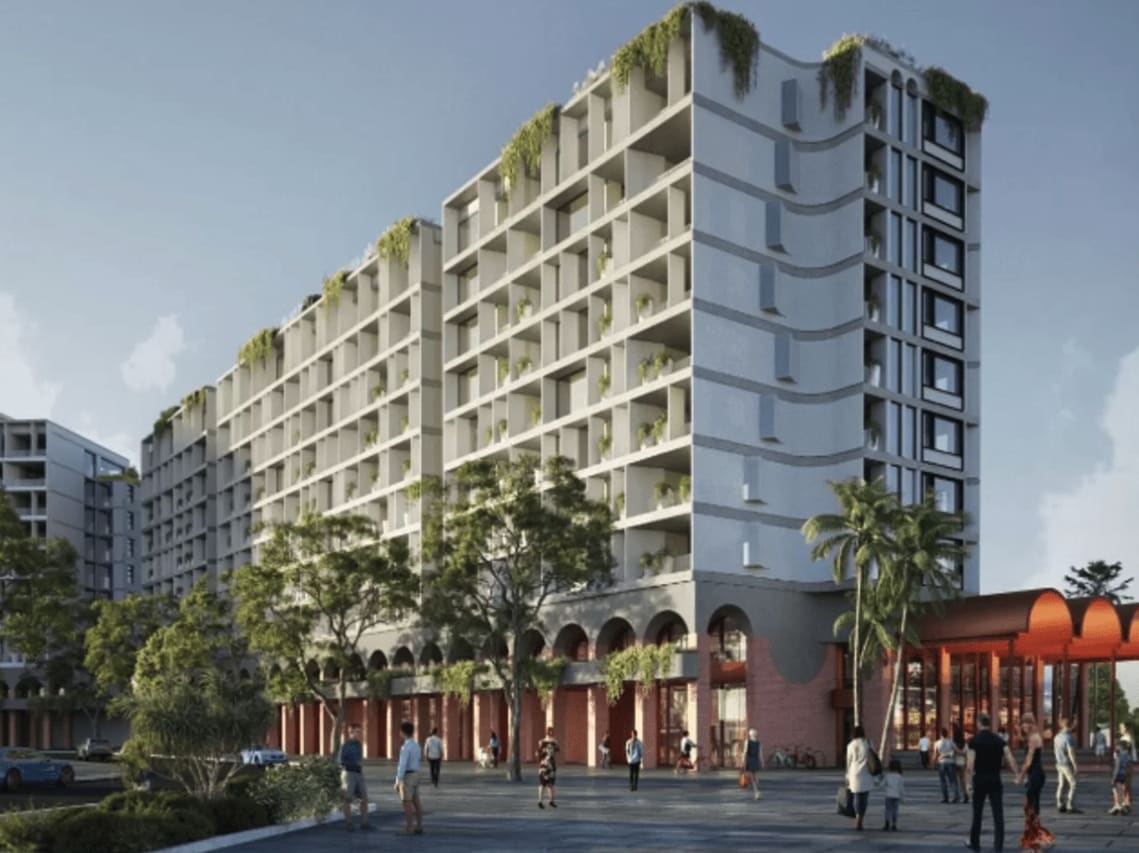Urban Property Group to take 10-year Latent Defects Insurance to Penrith and the Eastern Suburbs: Five minutes with Patrick Elias
Prominent Sydney builder-developer Urban Property Group was the first developer in the country to take out the new 10-year Latent Defects Insurance offered by Resilience Insurance.
The insurance is proving to be a major drawcard for off-the-plan apartment buyers due to its dual benefits. There are frequent site and build inspections to ensure faultless construction. Additionally, should any structural defects arise upon completion or within the next 10 years, the insurance covers any out-of-pocket expenses buyers might face.
Since including the policy on their Parq Bexley project, Urban Property Group has taken it out on their new Macquarie Park development La Vera, and they're not stopping there.
The state-wide developer is putting the product in front of more off the plan buyers than anyone in Australia. They'll be the first to offer the policy on new apartments in Penrith, at their Mayfair by Penrith precinct-style development, as well as the first in the prized Eastern Suburbs beachside market where they're building it into their feasibilities for Coast in Little Bay.
"Anything we can do to give confidence in our product is a plus," Urban Property Group CEO Patrick Elias told Urban.
"Consumers are a lot more weary and a lot more concerned in buying off the plan than they ever have been. They're making their single large investment, which is their home, and providing confidence is something that we feel is paramount."
Urban Property Group, which has developed thousands of new dwellings across Sydney over the last 35 years, was also an early adopter of the iCIRT rating system.
"The two complement each other and show prospective buyers there's no risk buying with us," Elias added.
"Having the policy doesn't change our product, it just changes the mindset of the purchaser. Having LDI is a tool to portray the confidence that we have in our product, and a confidence we want buyers to share."
Read more: What is Latent Defects Insurance and is it bringing confidence to the off the plan apartment market?
Urban Property Group recently took over the development of Central Coast Quarter from St Hilliers. Elias says one of the advantages of LDI that benefits both buyers and developers is the incremental inspections that are undertaken by experts.
"If for whatever reason a developer or builder goes into administration, there's a third-party, independent record of what's been built to date, which is an important factor for both buyers who have bought into a development as well as a developer or builder taking over a project. It assures build quality throughout the process."
Urban Property Group's next development to launch with Resilience LDI will be Mayfair in Penrith, their sixth and final development in the Thornton precinct.
The two-building development will comprise around 287 apartments by SJB, with the two-level colonnade reminiscent of Sydney's GPO building. The apartments will sit above significant retail on the large 8,280 sqm, Lord Sheffield Circuit site opposite the Penrith Station.
Urban Property Group is also expecting to be offering the policy to buyers at Coast, their Little Bay apartment development they're hoping to launch early next year. It will be the first beach suburb to have LDI.
Coast will have around 75 apartments across three low-rise buildings on over one hectare of bushland at 11 Jennifer Street.
The project designed by Hill Thalis Architecture adopts the courtyard apartment type, which Hill Thalis founding principal Philip Thalis says is puzzlingly rare in Australian cities, despite its suitability to the climate and long architectural traditions of sociability.
What is Resilience LDI?
Resilience LDI is the first Latent Defects Insurance policy in Australia. The insurance provides off the plan apartment buyers with a 10-year warranty on their new apartment and the building it's situated in.
The cover is purchased by the property developer/builder (pre-construction) and is designed to protect owners against any immediate or future problems with the structural components of their new property, from leaks to cracks and everything in between.
For more information about Resilience LDI, click here.
